Computer Science & AI
Podcast series Computers don't byte
Leading computer scientists from a variety of fields share their expertise and insights. Dive into the minds of these researchers and learn about real-world applications, the future of AI and related technologies and cutting-edge research. From chatbots to cybersecurity, from quantum to children's stories, each episode offers its own perspective on the changing landscape of computer science.
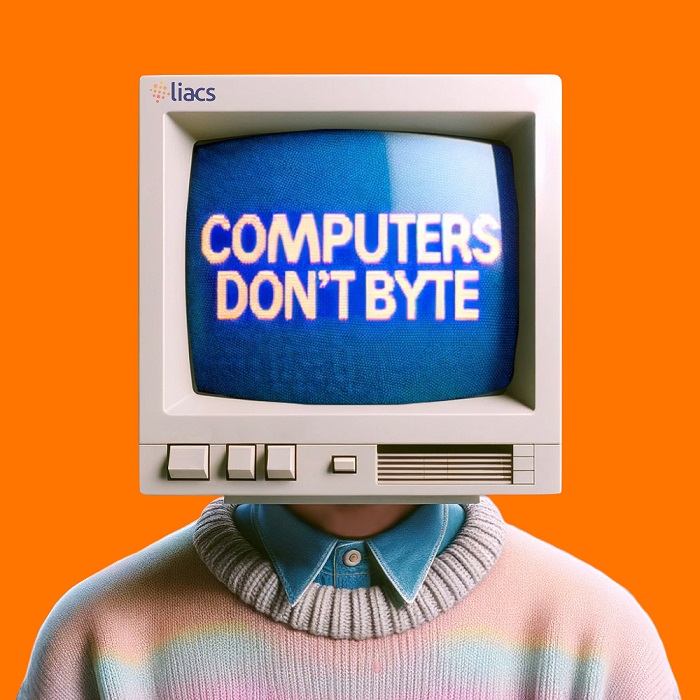
Suzan Verberne: the future of chatbots is human
Professor Suzan Verberne talks about her research on search engines and chatbots. She explains the difference between search engines such as Google, and large language models like ChatGPT. Listen to this episode.
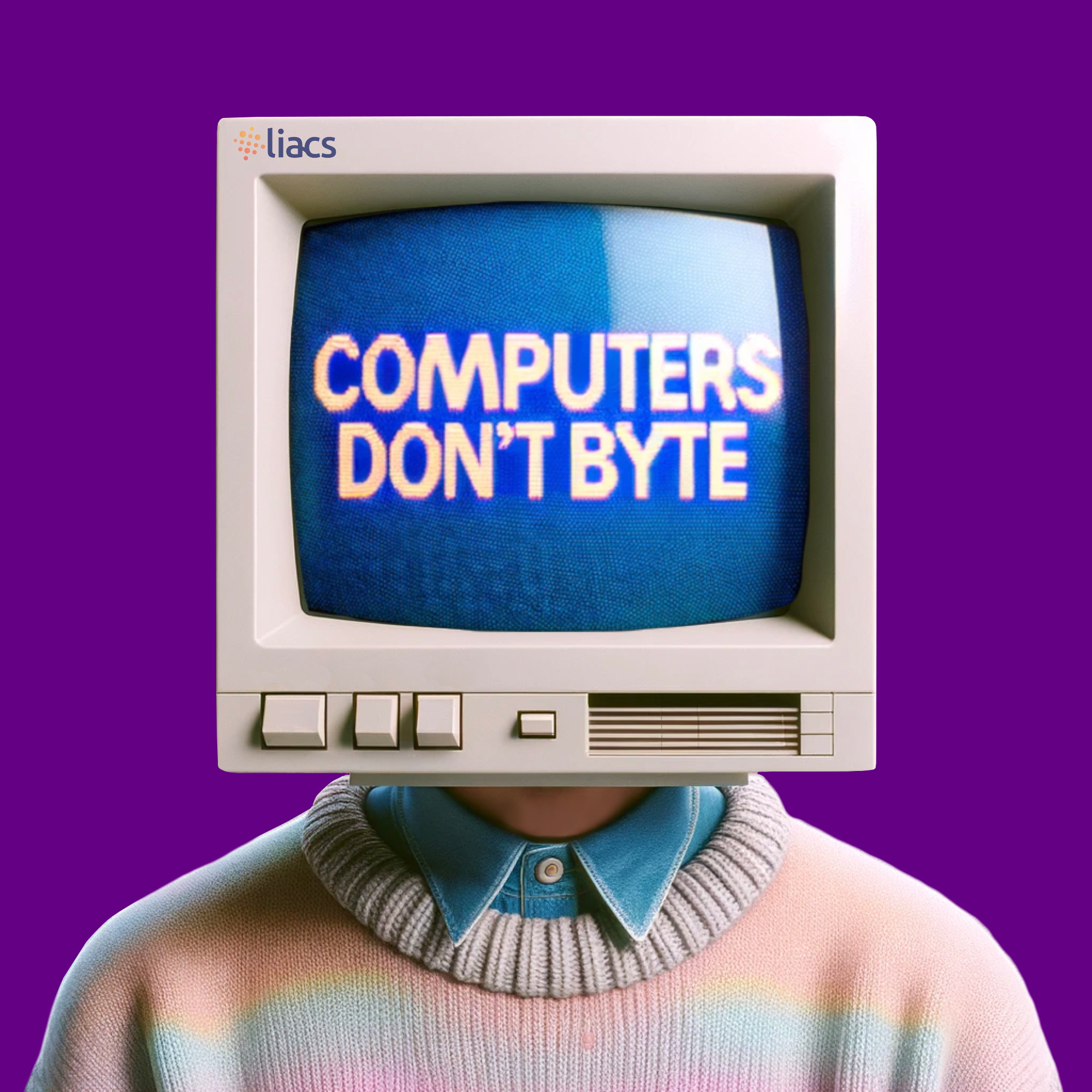
Niki van Stein: can explainable AI save lives?
Niki van Stein is assistant professor at LIACS. Her research focuses on explainable artificial intelligence (AI), with a specific focus on the maritime sector. At a time when modern marine vessels are evolving into complex supercomputers on water, AI plays a crucial role in efficiently managing maintenance tasks. Listen to this episode.
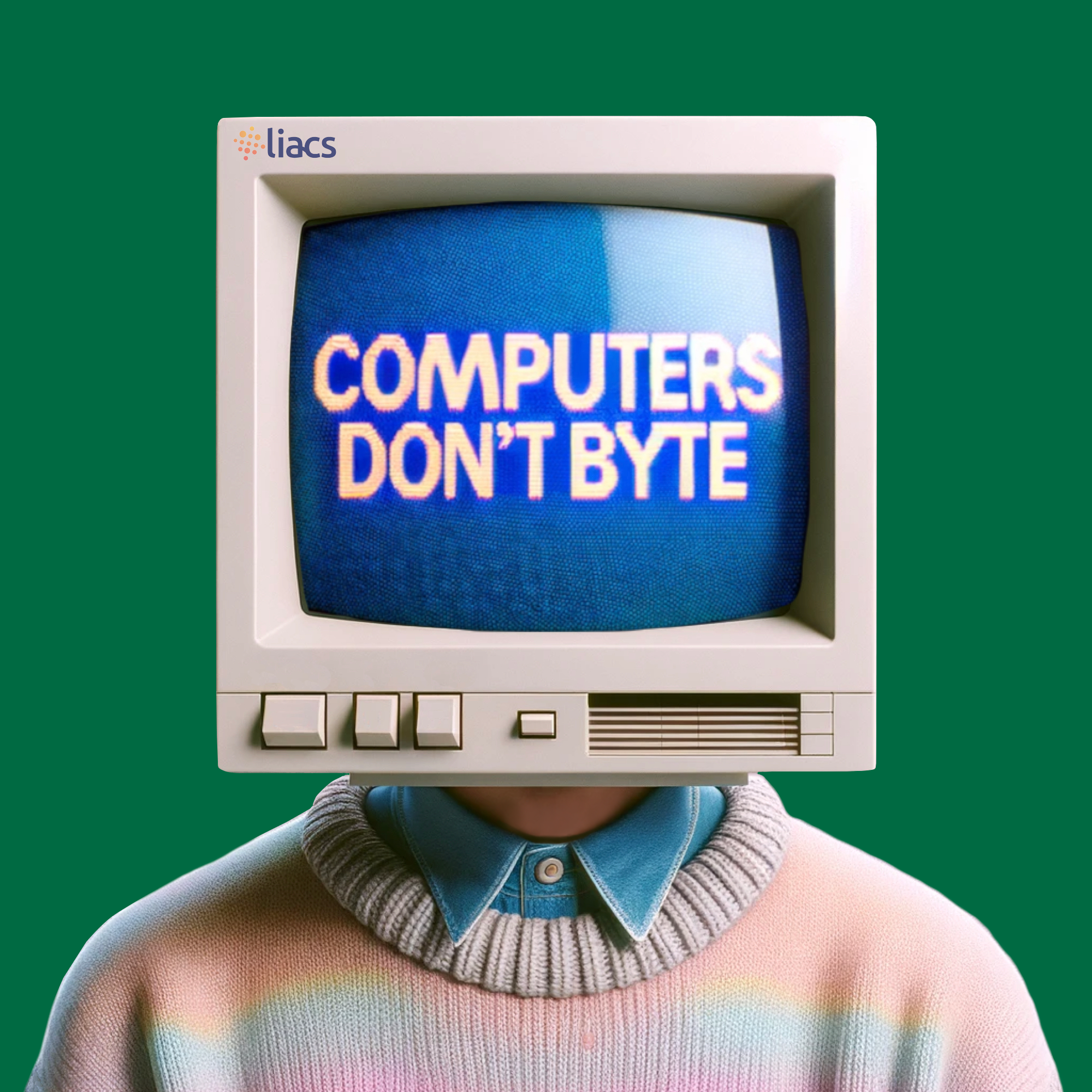
Max van Duijn: using language as a window on the mind
Assistant professor Max van Duijn combines cognitive science with Artificial Intelligence (AI). His research is on children’s stories and the question if they have a so-called Theory of Mind. This is the ability to understand the mental state of somebody else and use this information to explain and predict human behavior. Listen to this episode.

Joost Batenburg: detecting fingerprints with tomography (digital archaeology)
Enter the realm of tomography, the work field of 'digital archaeologist' Professor Joost Batenburg. Tomography is a technique to peer into objects without taking them apart, akin to the familiar CT scan. Two-dimensional images are converted into three-dimensional images using algorithms. Listen to this episode.
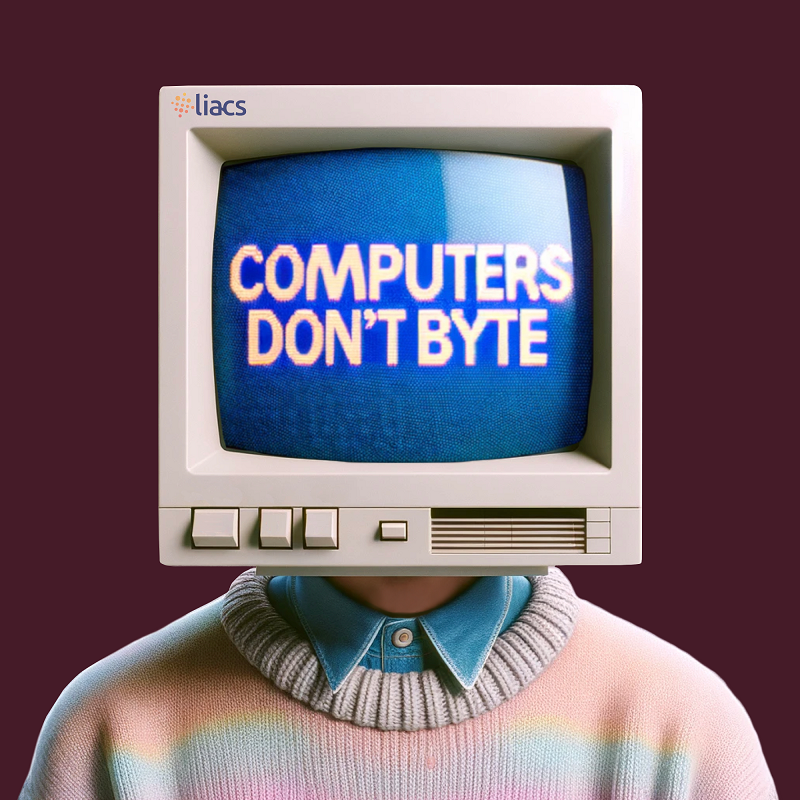
Rob van Nieuwpoort: Efficient computing, a journey starting with a Commodore 64
Rob van Nieuwpoort is Professor of Efficient Computing and eScience at LIACS. His research focuses mainly on augmenting the efficiency of software and applications. But it also tackles the challenges posed by large-scale simulations housed within data centers. In this era where the demand for storage capacity skyrockets, reaching a point where accommodating all data becomes impossible. Listen to this episode.
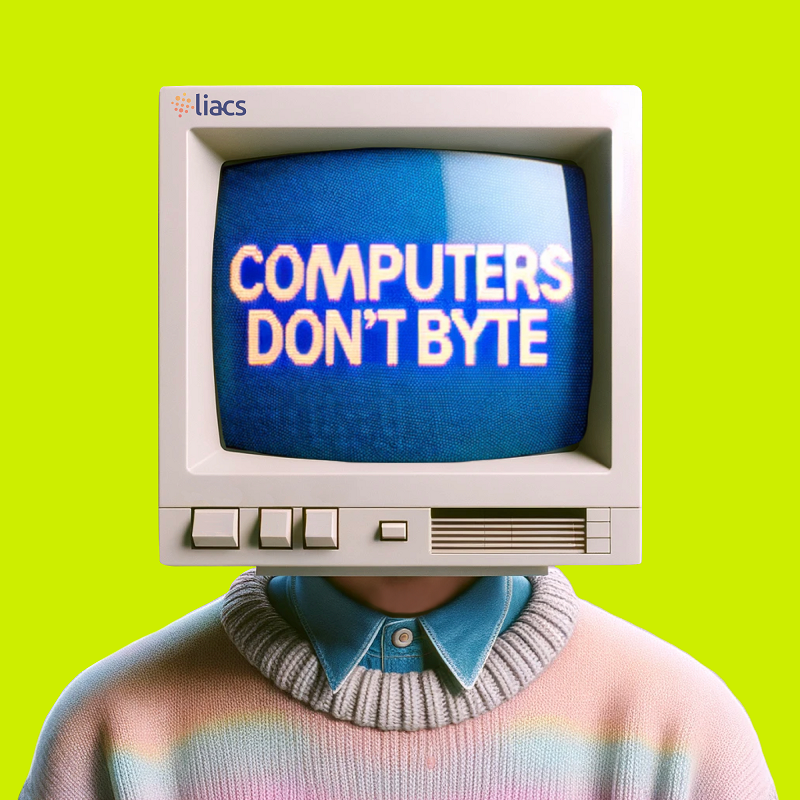
Tessa Verhoef: Robots, a way to better understand humans
Assistant Professor Tessa Verhoef has a passion for robotics and is dedicated to improving the human-likeness of robots, for instance by looking into their use of language. Listen to this episode.

Jan van Rijn: Robustness, unveiling the black box of AI
Assistant Professor Jan van Rijn is at the forefront of research into the trustworthiness of AI systems. His work focuses on the field of machine learning, with a particular emphasis on exploring and enhancing the robustness of AI systems. Robustness is a critical component in building trustworthy machines, such as self-driving cars, where reliable performance is paramount. Listen to this episode.

Hazel Doughty: Video Understanding, a step towards the real world
Assistant Professor Hazel Doughty specializes in computer vision, aiming to enable computers to automatically understand visual content. Her research focuses on video understanding, where thousands of videos with text descriptions are fed to the computer. Her project, "From What to How," seeks to advance computers from identifying actions to understanding how they are performed, though this is currently limited by insufficient data. Listen to this episode.

Vedran Dunjko: Next level computing, exploring the world of quantum
Professor Vedran Dunjko leads the Applied Quantum Algorithms group at Leiden University. His research focuses on quantum computing, which uses quantum effects to greatly improve computation. This could lead to much more powerful computers. Developing a working quantum computer is an ongoing effort, bringing both exciting possibilities and potential security risks because of its superior computing abilities. Listen to this episode.

Joost Broekens: Robots & Emotions, are we moving from AI to EI?
Can robots feel joy or guilt? Can they have emotions at all? Today, we dive into the fascinating world of "affective" computing with Associate Professor Joost Broekens, a leading expert in the field. But what exactly is affective computing? Listen to this episode.

Lu Cao: Hay Fever, how AI improves pollen monitoring
The hay fever season lasts longer than it used to because of climate change. LIACS Assistant Professor Lu Cao explains how machine learning and AI can help to easier count pollen in the air. This improves the accuracy and efficiency of pollen monitoring, a critical tool for understanding seasonal allergies, air quality, and climate impact. Listen to this episode.
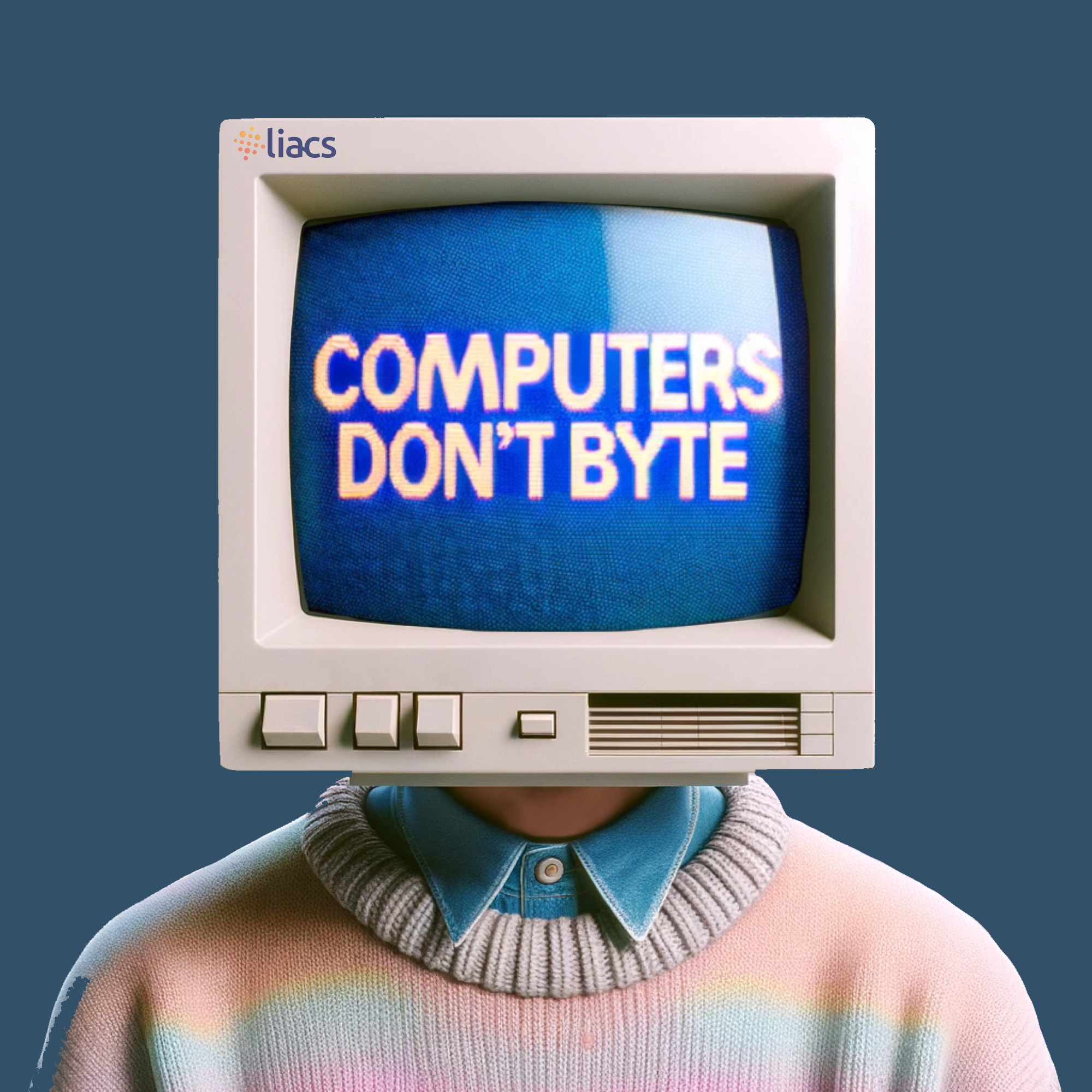
Hao Wang: From Amsterdam to Paris, real-life applications of Pareto optimum
In this episode, LIACS Assistant Professor Hao Wang shares insights into multi-criteria optimization and the concept of the Pareto optimum. Discover how these powerful techniques, often used in decision-making and problem-solving, can help you plan the perfect trip. Listen to this episode.
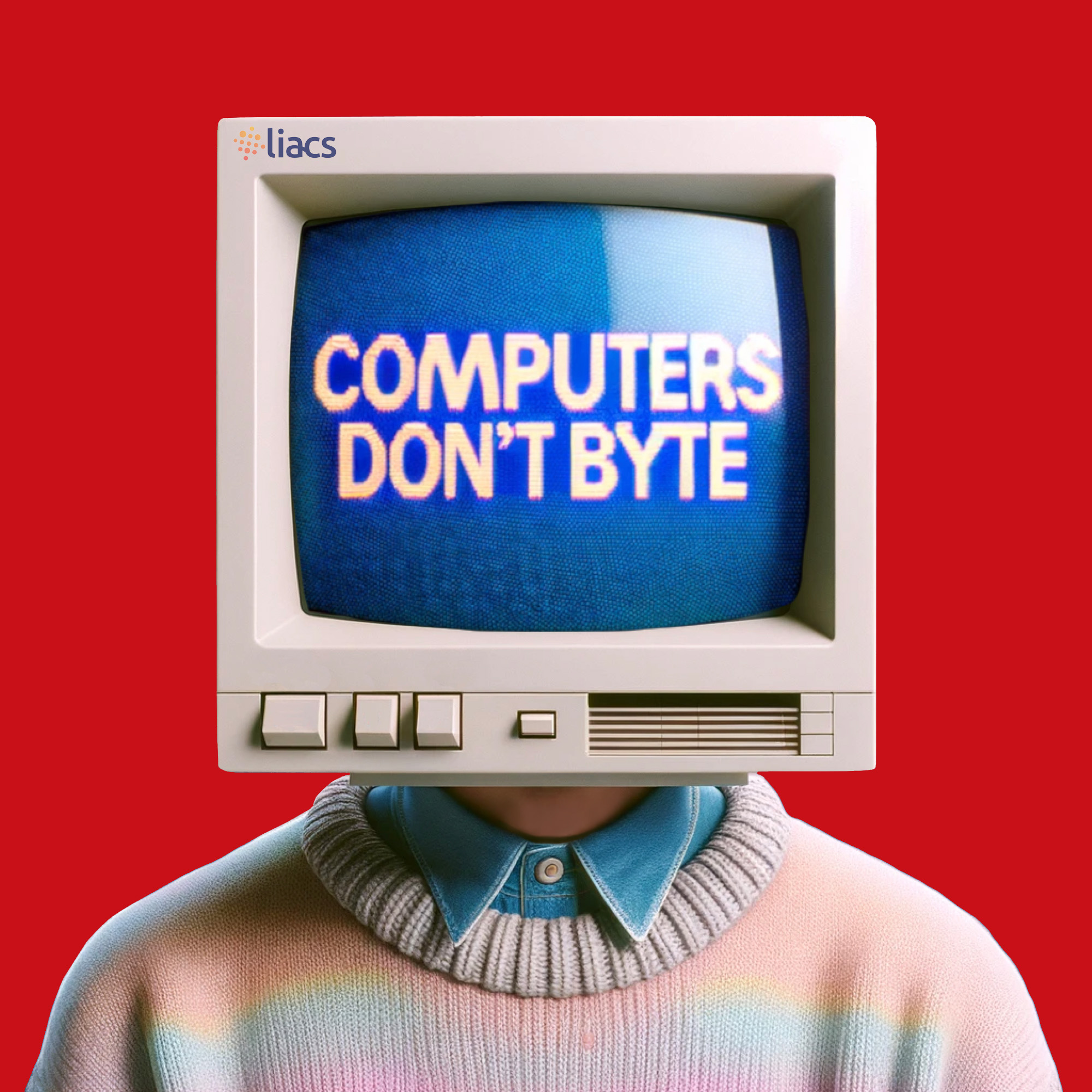
Peter van der Putten: Tamagotchi, a precursor to today’s human loved home robots
How and why do humans form relationships with AI? This question lies at the core of Assistant Professor Peter van der Putten’s research. While AI sparks fear—raising concerns about its impact on our place in the universe—it also fascinates us, offering glimpses into an unknown future. Listen to this episode.

Mitra Baratchi: Designing the perfect algorithm to understand the world
Ever wondered how algorithms make sense of complex problems? In this episode, we dive deep into the art of designing algorithms with associate professor Mitra Baratchi. Exploring how computers process data, find connections, and deliver insights. Listen to this episode.
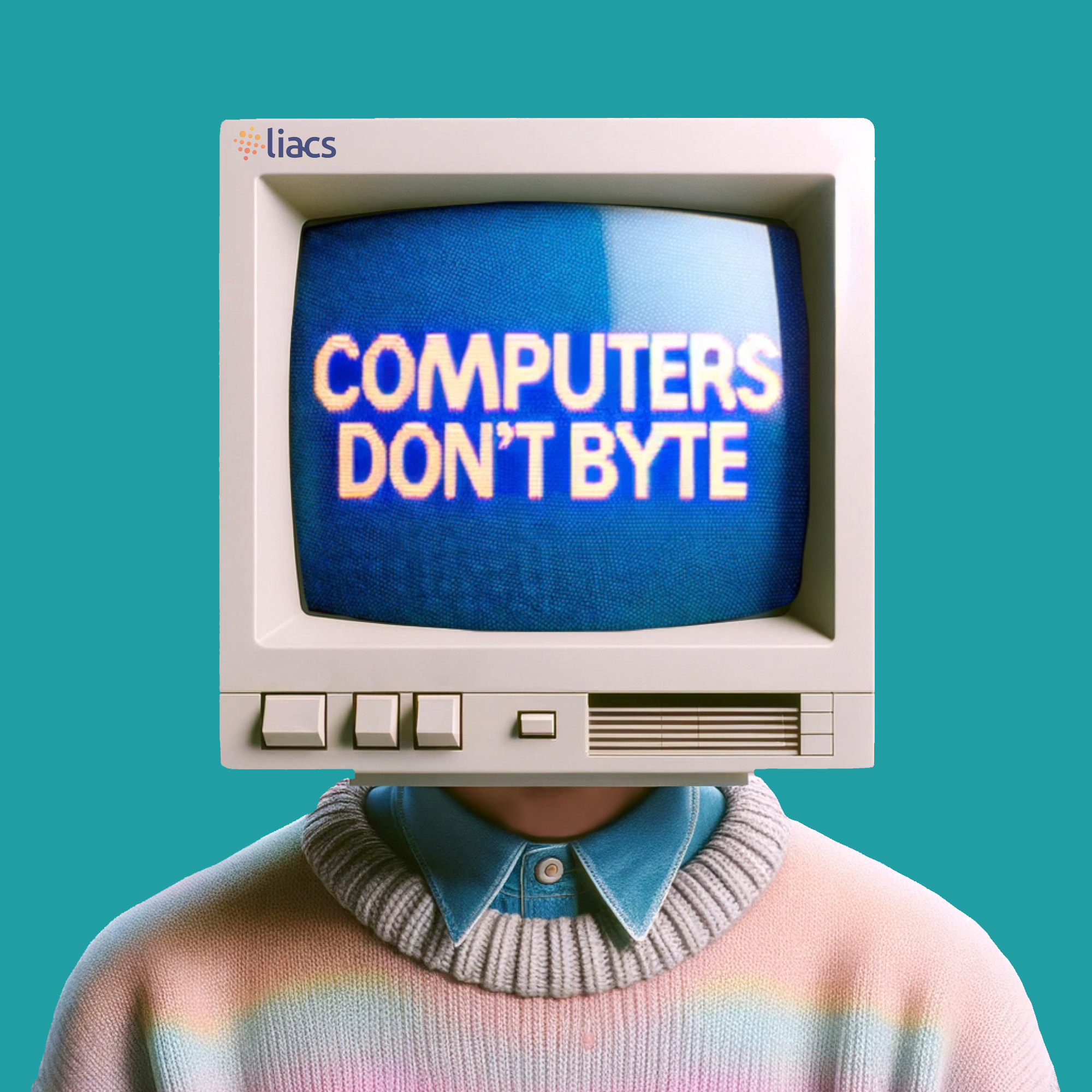
Anna Kononova: Lenses for chip manufacturing, unveiling the complexity of their design
How can nature-inspired evolution help us create the perfect optical lens? Assistant Professor Anna Kononova explores this question in her research. High-tech industries, like computer chip manufacturers, require ultra-precise lenses to keep up with the demand for increasingly complex designs. Listen to this episode.
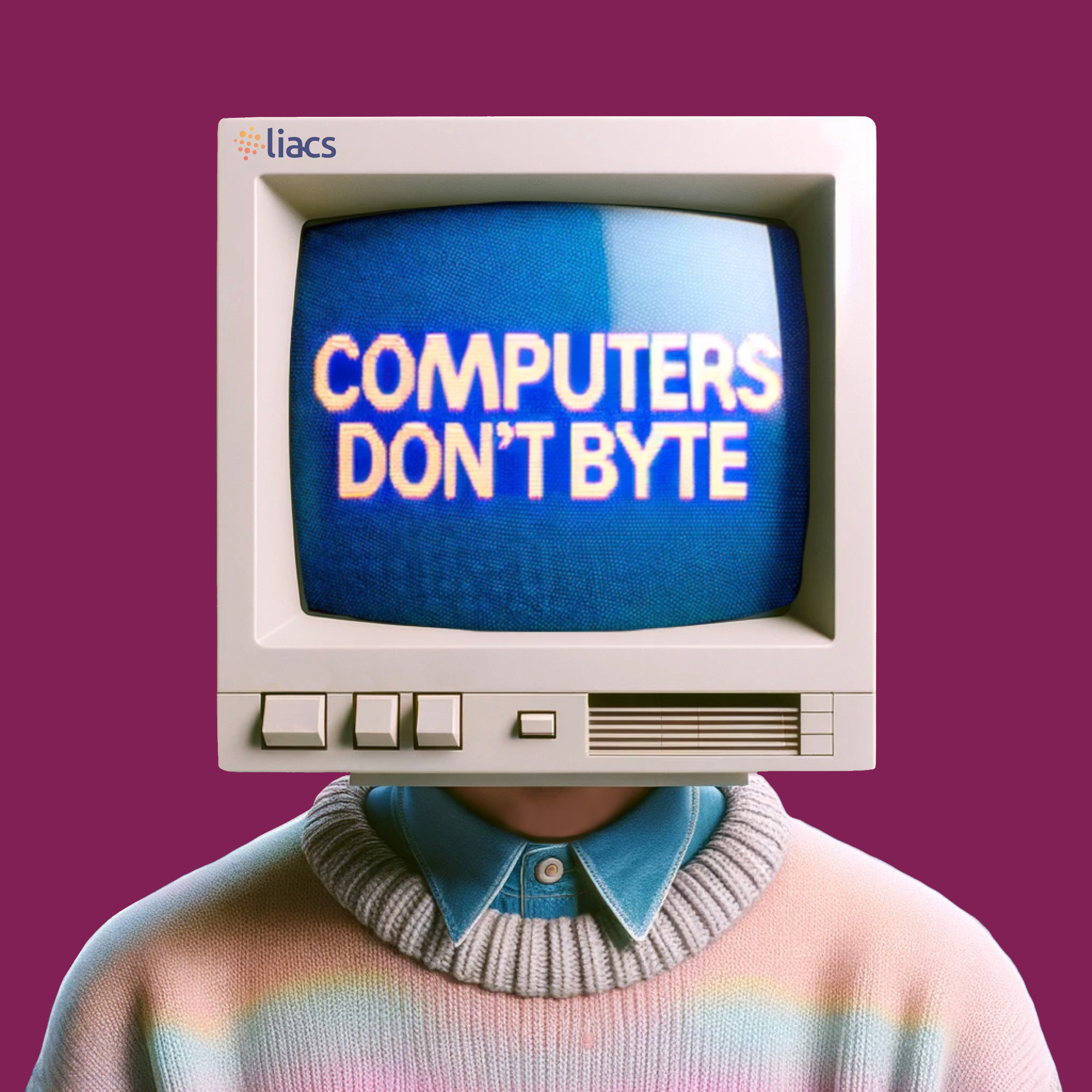
Marco Spruit: Ai powered pets, a new indicator of elderly well-being?
Can AI revolutionize elderly care? Professor Marco Spruit, an expert in translational data science, is developing Well-being AI—a smart pet robot that provides companionship while monitoring health through language markers. This technology could ease pressure on healthcare services by detecting early signs of decline and alerting caregivers. Listen to this episode.
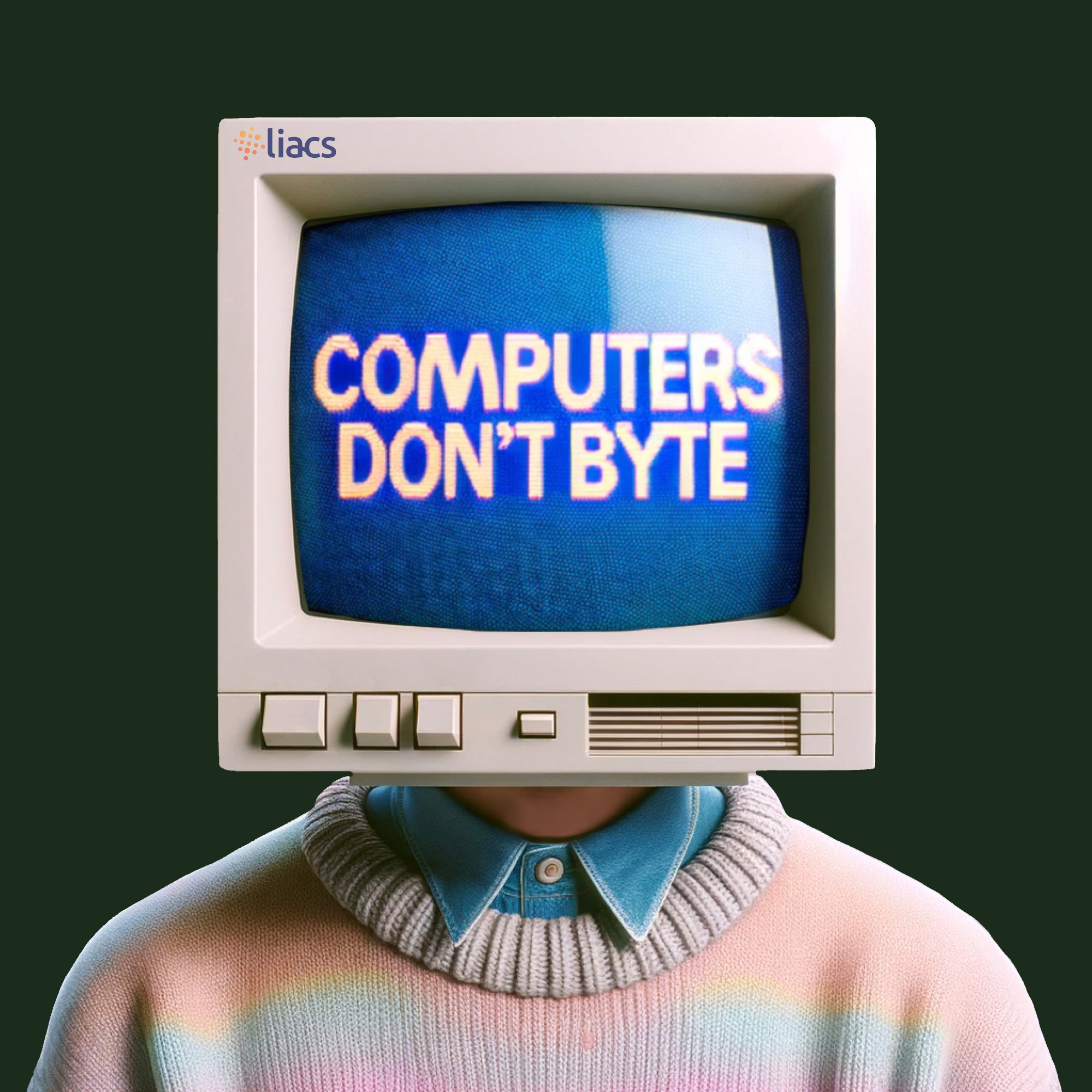
Evert van Nieuwenburg: Tiq Taq Toe, exploring quantum concepts through gameplay
What if a childhood game could unlock the mysteries of quantum mechanics? In this episode, we sit down with Assistant Professor Evert van Nieuwenburg to explore how Tiq Taq Toe is revolutionizing the way we learn physics. Listen to this episode.

